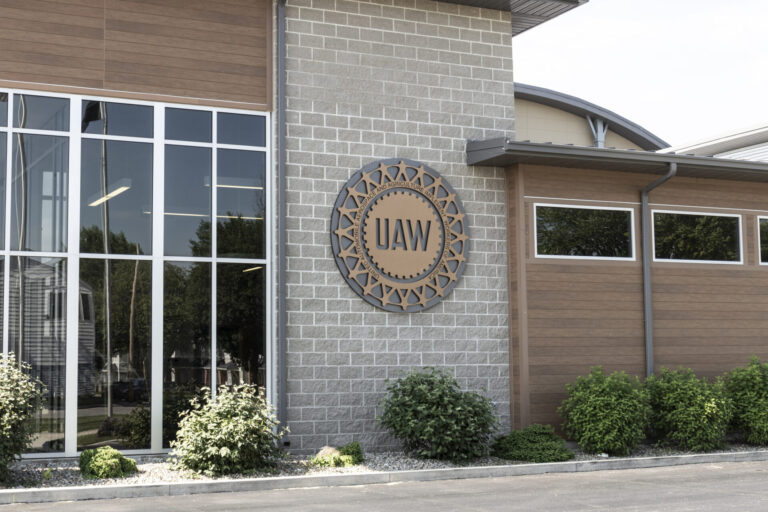
The U.S. Supreme Court will examine whether the federal National Labor Relations Act precludes claims under state law seeking compensation for property damaged during strikes.
The Fiscal Year 2024 Diversity Immigrant Visa Lottery is open and the Department of State began accepting online registrations for the 2024 DV Lottery on Oct. 5 and will continue to do so up until Tuesday, Nov. 8, at 12 p.m. EST.

The U.S. Supreme Court will examine whether the federal National Labor Relations Act precludes claims under state law seeking compensation for property damaged during strikes.

The U.S. Supreme Court will examine whether the federal National Labor Relations Act precludes claims under state law seeking compensation for property damaged during strikes.

As more jurisdictions are requiring the disclosure of compensation information, employers should consider getting ahead of the curve and preparing to comply with expanding pay transparency obligations.

A recent NLRB ruling suggests the possibly of the Biden Board following through with an extension of Weingarten rights.

Truck drivers present a common conundrum in prevailing wages for contractors and subcontractors. We delve into compliance details.

The Nationwide Right to Unionize Act would eliminate bans on agreements between employers and unions to require union membership as a condition of employment.

The proposed rule does away with the direct and immediate control standard that was adopted by the Board under the Trump Administration.

Employers interfering with an employee’s right to display union insignia without showing justifying special circumstances would violate federal labor law

On August 5, 2022, updated rules affecting tipped workers and salaried workers who work a fluctuating work schedule will go into effect.

The NLRB may address two important topics under the National Labor Relations Act through the administrative rulemaking process.
Subscribe for Labor and Employment Law Center Blog Updates

